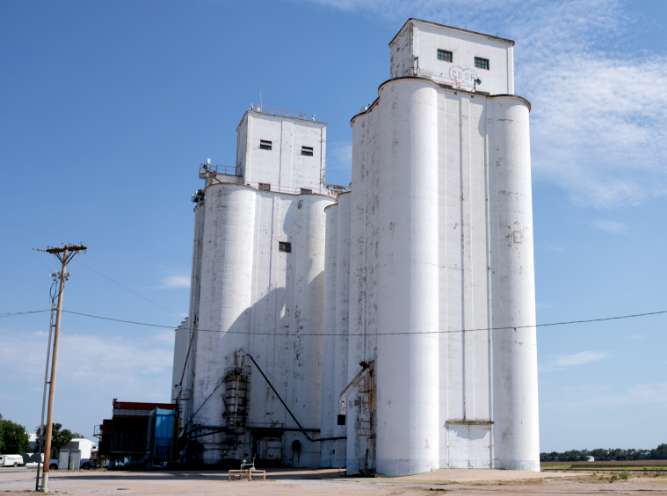What is a cooperative?
The USDA does a nice job of defining a cooperative in their “Co-ops 101” publication, when they say, “There is no universally accepted definition of a cooperative.”
But they continue, “In general, a cooperative is a business owned and democratically controlled by the people who use its services and whose benefits are derived and distributed equitably based on use. The user-owners are called members.
They benefit in two ways from the cooperative, in proportion to the use they make of it. First, the more they use the cooperative, the more service they receive. Second, earnings are allocated to members based on the amount of business they do with the cooperative.”

At Kanza Cooperative, we return earnings to our members in two ways.
Patronage Refund
A payment from a cooperative to a patron from net margins based on quantity or value of business done with or for the patron.
Member Equity
The capital investment of each member in the cooperative. Such investments are usually in the form of cash, retained patronage refunds, and per-unit retains.
We also function based on seven principles.
Open and Voluntary Membership
Democratic Member Control
Members’ Economic Participation
Autonomy and Independence
Education, Training, and Information
Cooperation Among Cooperatives
Concern for Community